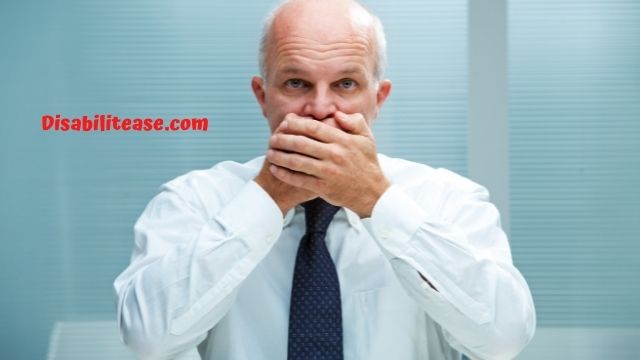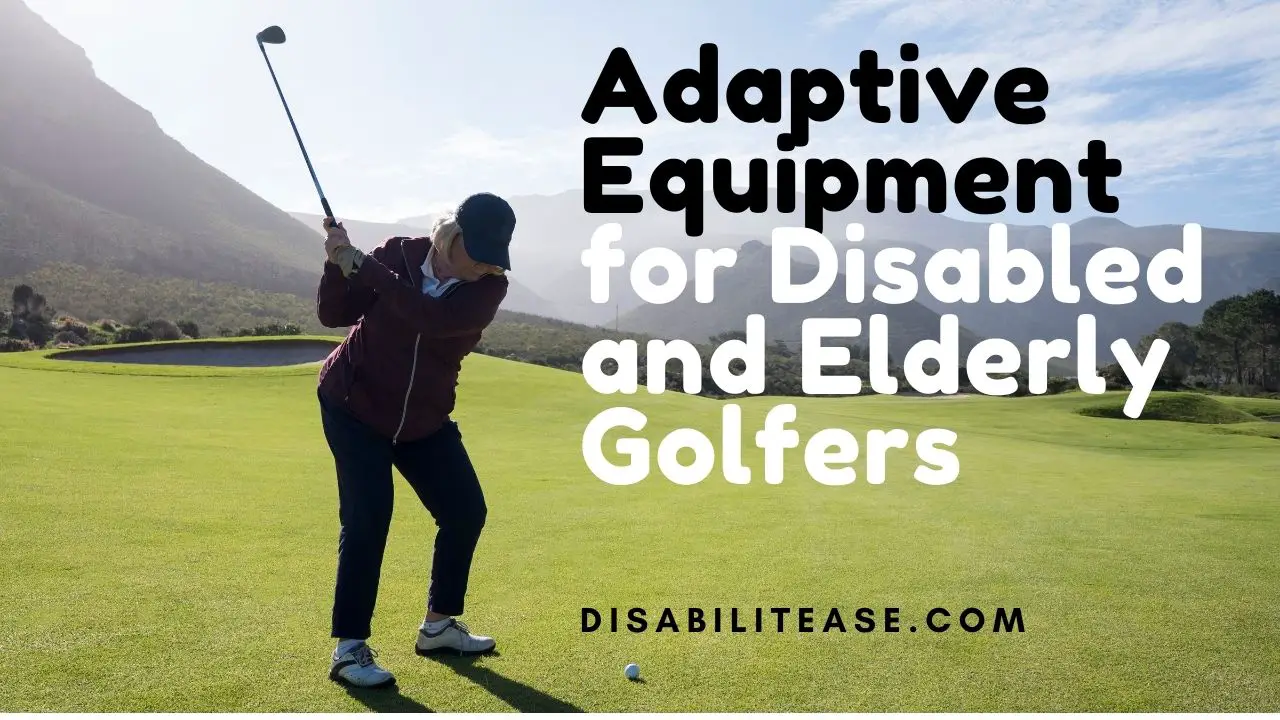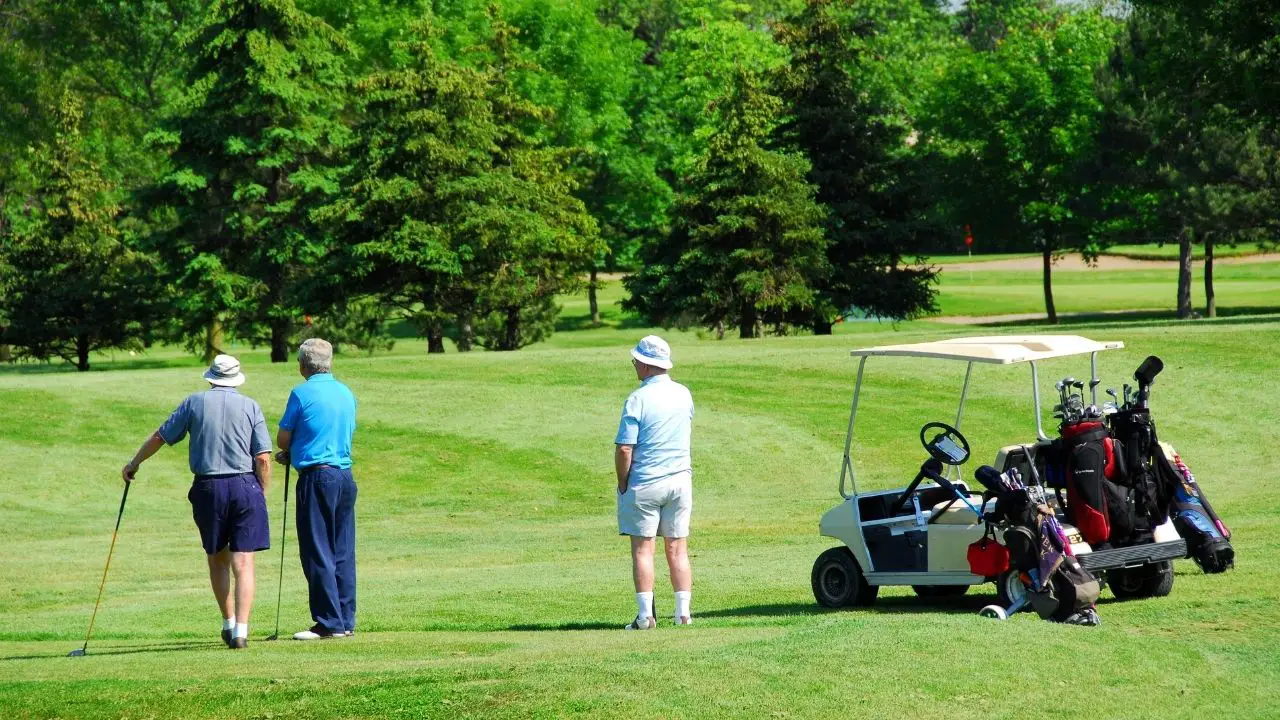Are you too one of those people who are wondering how come deaf people can’t speak? There is a prevailing perception that the deaf can’t speak at all.

First of all, we need to bust this surrounding myth. The deaf might have trouble speaking, but some of them speak too. Most deaf people can’t speak at all or speak in a bumbling manner with zero articulation.
We have a related article for you, you can read How Do Deaf Babies Cry?
This informative blog will unravel the myths surrounding deaf persons’ communication. Stay with us to get some mind-boggling stuff.
Table of Contents
Fact Sheet regarding How Come Deaf People Can’t Speak
The majority apart, all deaf persons are not dumb at all. Some of them speak too. It’s a myth at best that all deaf people are mute too.
On communicative lines, deaf persons can be divided into two categories.
Deaf Persons who can Speak
These unfortunate souls lose their hearing ability at the later stages of life due to underlying health conditions, injuries, or exposure to loud sounds. It means they learn to speak with articulation in the stage when their hearing ability is intact.
Nevertheless, their speaking ability hits hard once the hearing exposure is withdrawn over time.
For these individuals, experts recommend recurring training for reinforcing speech practices. This training includes the ability to control volume and tone of voice and practice varying sounds.
Cut-off Period:
Empirical studies claim that 12-month is the average cut-off period for attaining the ability to imitate sounds. By this age, children successfully learn to respond to auditory cues.
Deaf Persons Who Cannot Speak
The majority of deaf people belong to this category. These are born with deafness due to maternal infections and genetic factors. As they have never been exposed to a talking world, they cannot speak. They are not trained to speak.
Strategies to Learn Speech

Before delving deep into this section. It is important to remember that these speaking strategies are for individuals who possess the residual hearing ability or had been exposed to full-time hearing exposure in some stage of their earlier life.
There are multiple strategies to teach speaking skills to the deaf. A speech pathologist must supervise these strategies.
Moreover, speaking does not work in isolation. It also means understanding others. So, an effective speaking strategy also means learning to listen and understanding auditory cues made by others.
Speech Training
Speech training focuses on the ability to produce sounds that further morph into understandable words or phrases. Moreover, this set of instructions also teaches adopting viable volume control and selecting a tone of voice.
Assistive Devices
Assistive devices help people perceive the sounds in a better manner. These assistive devices include cochlear implants and other hearing aids. Assistive devices are just amplifiers that do not work on persons with zero hearing ability.
Auditory Training
Auditory training is further sophisticated training after speech training. It represents the ability to pronounce phrases or words with proper syllables. Listeners are taught to differentiate and recognize varying sounds.
Lip Reading
Lip reading is the training regarding watching and perceiving the lip’s movements by others. Lip reading is hard to acquire and may not have great results.
Way out for Deaf who can’t Speak

Deaf persons who have been born with a hearing deficiency can still communicate with the world through sign languages such as ASL. These sign languages require extensive efforts and are linked with academic accomplishment. Hence, not all deaf perform equally in this forum.
Takeaway
All in all, it is a myth at best that the deaf can’t speak. In reality, they can if they have gotten an earlier life exposure to hearing. Nevertheless, these speaking deaf people will also have to undergo periodic training drills to retain their existing skills.
Moreover, after going through recommended strategies mentioned above, it is still an uphill task to understand deaf people.
For example, deaf persons may have trouble pronouncing the sounds that are soft but hard for them to deliver, such as “s,” ” sh,” and “f.” Deaf persons may also have trouble speaking, but their meaningful expressions are worth appreciating. They see the world from a broad and different perspective, and understanding them makes you as cool as a cucumber.

Hi, my name is Eddie, I am a professional trainer specializing in the elderly population and I’m also a website designer. I love training in the gym, going to the beach, traveling, and having good food.
I combined my love for sport and website designing to make “DisabilitEase” whose purpose is to help elderly and disabled people live a more full and active life, have more fun, and enjoy their unique journey despite any disability.



